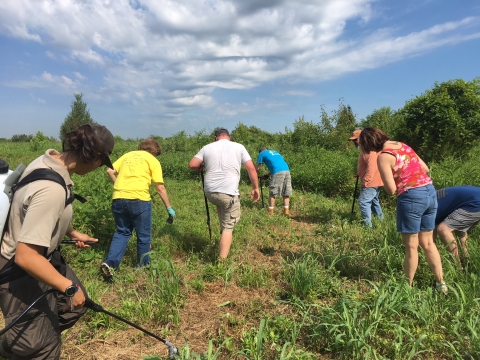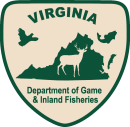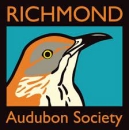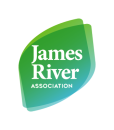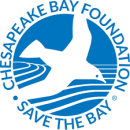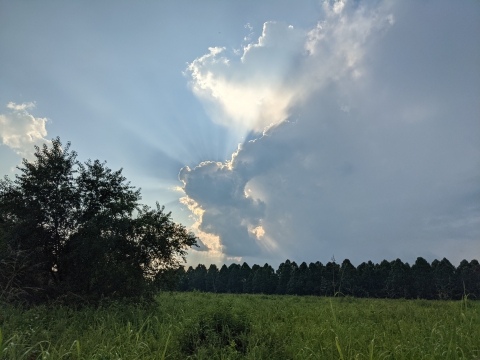Ways to Get Involved
Whether you want to further conservation, learn more about nature or share your love of the outdoors, you’ve come to the right place. National wildlife refuges provide many opportunities for you to help your community and fish and wildlife by doing what you love.
National wildlife refuges partner with volunteers, youth groups, landowners, neighbors and residents of urban and coastal communities to make a lasting difference.
Find out how you can help make American lands healthier and communities stronger while doing something personally satisfying.
Volunteers: Gain new experiences and meet new people while helping to advance wildlife conservation.
Friends: Join neighbors in helping refuges restore habitat and expand access to green space.
Landowners: Learn how you can partner with the Fish and Wildlife Service to voluntarily restore land.
Local Groups:
Find out how communities can work with refuges better for wildlife and people.
Youth: Explore paid and unpaid opportunities to learn and develop leadership skills."
Volunteering
Discover for yourself what tens of thousands of volunteers have learned: Volunteering for the U.S. Fish and Wildlife Service is fun and rewarding in many ways. Master new skills. Meet new friends. Enjoy a sense of accomplishment from doing your part to further wildlife conservation for the pleasure of generations to follow.
Presquile National Wildlife Refuge offers a wide array of volunteer opportunities. Our volunteers have provided assistance in special events coordination and staffing; maintenance of buildings, trails, and signs; construction projects; invasive species invasive species
An invasive species is any plant or animal that has spread or been introduced into a new area where they are, or could, cause harm to the environment, economy, or human, animal, or plant health. Their unwelcome presence can destroy ecosystems and cost millions of dollars.
Learn more about invasive species treatment; administration; and habitat management. Volunteer are given the option to work as their availability allows. Groups or individuals can help out regularly throughout the year. If you are interested in becoming a volunteer please contact Wildlife Refuge Specialist Cyrus Brame (804-829-9020 or cyrus_brame@fws.gov).
Our Partners
Nature does not recognize human-made boundaries. In order to conserve our natural and cultural resources effectively, we must work with others to bridge these boundaries. Partnerships foster creative solutions to challenging situations and often the results are greater than the sum of the parts. Learn more about our local partners below:
Two organizations are serving the role of Friends as cooperative associations. These organizations help to support programs and fulfill the mission of the refuge.
Richmond Audubon Society (RAS) - Through the Audubon Refuge Keeper (ARK) program, the RAS “adopted” the refuge with the specific purpose to support and improve the wildlife refuge for birds and other wildlife and their habitat.
James River Association - A Memorandum of Understanding was signed in 2007 to improve environmental programming at the refuge. Since that time, the partnership has established the James River Ecology School, expanded the amount of students participating in programs, and contributed funding for facility enhancements.
Education Programs
Open the door to a potentially life-changing experience. If you land a student internship, a fellowship or a volunteer opportunity at a national wildlife refuge national wildlife refuge
A national wildlife refuge is typically a contiguous area of land and water managed by the U.S. Fish and Wildlife Service for the conservation and, where appropriate, restoration of fish, wildlife and plant resources and their habitats for the benefit of present and future generations of Americans.
Learn more about national wildlife refuge , fish hatchery or other Fish and Wildlife Service site, you’re bound to come away with new insights and excitement about conservation.
The refuge currently offers an Environmental Education/Visitor Services internship position through the Student Conservation Association. The position focuses on leading programs with the James River Ecology School and other public use activities and project.
